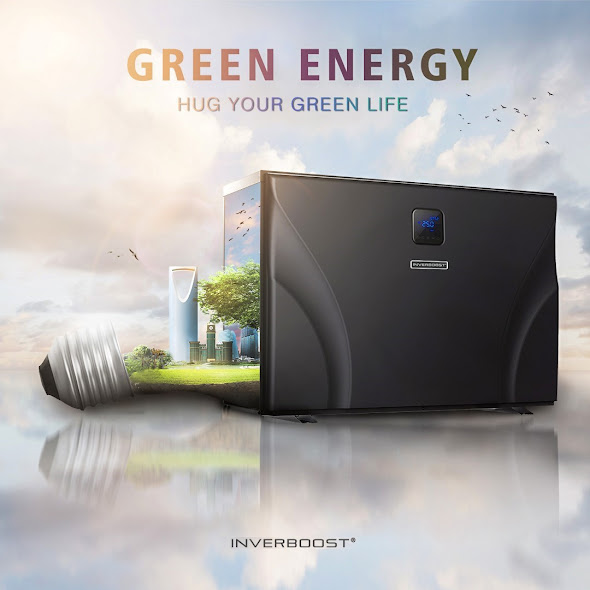How to evaluate efficiency of pool heat pump in 2022 ?
Pool heat pumps are highly-efficient pool heaters offering exceptional comfort at a low cost throughout the year. It’s important to evaluate the energy efficiency and capacity of the models you are considering when choosing a pool heat pump for your pool. Rather than generating heat, the pool heat pump moves it, which contributes to its efficiency. The traditional British system of energy or heat unit is BTU. 1 BTU is the heat energy required to heat a pound of water from 63 degrees Fahrenheit to 64 degrees Fahrenheit, which is approximately equal to 1,055 joules. The scientific community generally uses the SI system standard unit-Joule to measure energy or heat. You’ll prefer to choose a heat pump that is capable of delivering the amount of heat you need to keep your pool water at a comfortable temperature even on cooler days. The coefficient of performance or COP Usually, we measure Heat pump pool heater efficiency by a value called the coefficient of performance or C...


